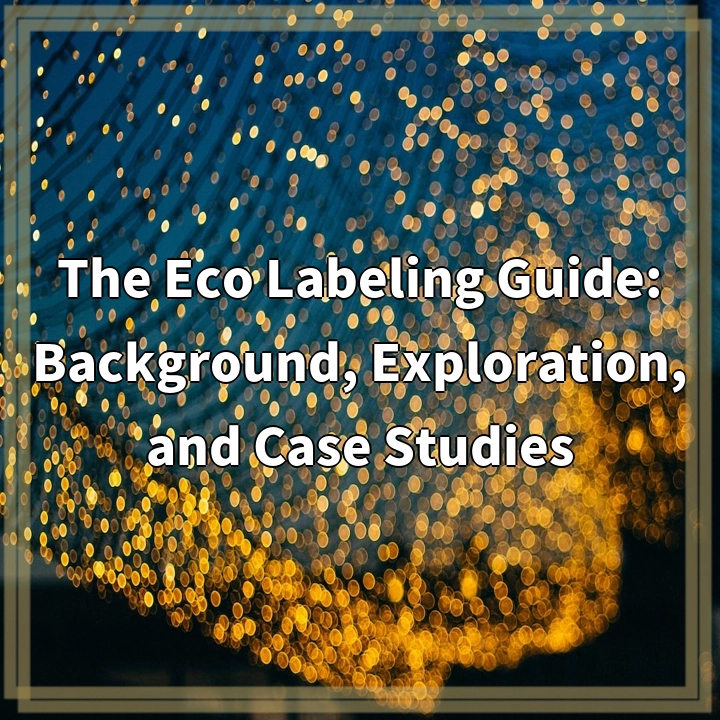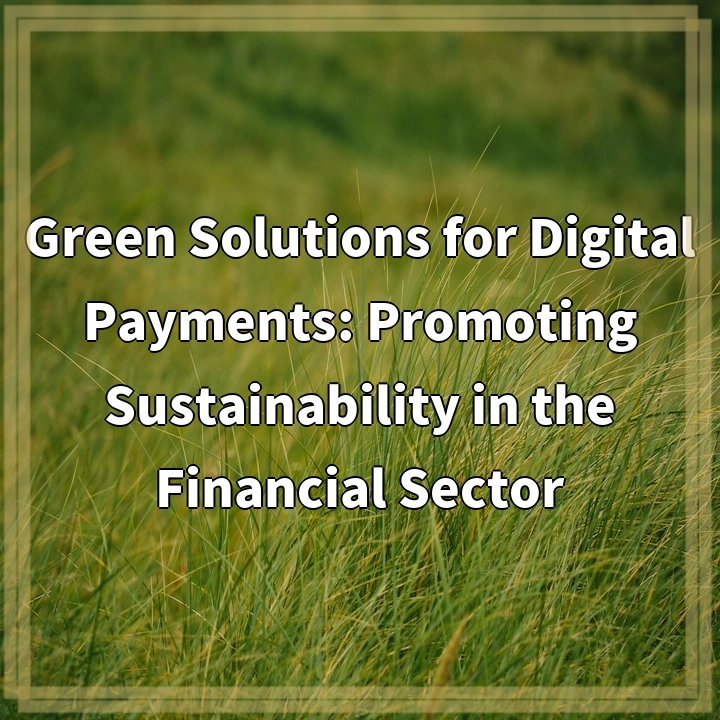
What is Eco Labeling?
Eco labeling is a voluntary certification system that aims to inform consumers about the environmental impact of products. It involves the use of labels or symbols on product packaging that indicate certain environmental attributes, such as energy efficiency, recyclability, or sustainable sourcing. These labels provide consumers with information to make more eco-conscious purchasing decisions and encourage companies to adopt more sustainable practices.
Real-World Problems with Eco Labeling
Eco labeling has gained significant popularity and recognition in recent years, but it is not without its challenges and drawbacks. Here are some of the real-world problems associated with eco labeling:
Lack of Standardization
One of the main challenges with eco labeling is the lack of standardization across different labeling systems. There are numerous eco labels and certifications in use today, each with its own criteria and requirements. This can lead to confusion for consumers who are trying to compare products and make sustainable choices. A lack of harmonized standards also raises questions about the legitimacy and credibility of some eco labels.
Greenwashing
Greenwashing refers to the practice of making unsubstantiated or misleading environmental claims on products or packaging. Some companies may misuse or overstate the environmental benefits of their products through eco labeling, leading consumers to believe they are making environmentally-friendly choices when they are not. This poses a challenge for consumers who are trying to navigate through the noise of green marketing and make informed decisions.
Scope and Coverage
While eco labeling has made significant progress in certain sectors such as food and household products, there are still many industries where the adoption of eco labels is limited. For example, the fashion industry faces unique challenges in achieving comprehensive eco labeling due to complex supply chains and a lack of standardized sustainability metrics. This limited coverage makes it difficult for consumers to assess the environmental impact of products in certain sectors.
Verification and Enforcement
Ensuring the accuracy and credibility of eco labeling claims requires robust verification and enforcement mechanisms. However, monitoring and regulation of eco labeling schemes can be challenging, particularly for international products and supply chains. Without proper verification and enforcement, the integrity of eco labeling systems may be compromised, leading to false claims and detracting from the overall effectiveness of eco labeling.
While eco labeling is a step in the right direction towards promoting sustainability and empowering consumers, it is essential to address these real-world problems to enhance the credibility, transparency, and effectiveness of eco labeling systems. By working towards standardization, tackling greenwashing, expanding coverage, and improving verification and enforcement, eco labeling can become a more reliable tool for creating positive environmental change.

Solutions to Eco Labeling Challenges
Standardization and Harmonization
One solution to the lack of standardization in eco labeling is the development of harmonized criteria and requirements. This involves creating industry-wide standards that are recognized and adopted by labeling systems. Establishing a clear and unified set of guidelines will simplify the eco labeling landscape, making it easier for consumers to compare products and trust the legitimacy of labels.
Combatting Greenwashing
To address the issue of greenwashing, there needs to be increased transparency and accountability in eco labeling. Stricter regulations, third-party verification, and independent audits can help ensure that companies are making accurate and credible environmental claims. Consumers play a crucial role by staying informed, researching eco labels, and supporting companies with proven sustainability practices.
Expanding Coverage and Sector-Specific Labels
To provide consumers with a comprehensive understanding of the environmental impact of products, it is important to expand eco labeling into industries and sectors that currently have limited coverage. For sectors like fashion and electronics, developing sector-specific eco labels with tailored metrics and criteria can provide more accurate information and enable consumers to make sustainable choices in those areas.
Enhancing Verification and Enforcement
Stricter verification and enforcement mechanisms are needed to ensure the integrity of eco labeling systems. This can include increased monitoring, audits, and penalties for companies that misuse or misrepresent eco labels. Collaboration between governments, regulatory bodies, and industry stakeholders is essential to establish robust systems that maintain the credibility of eco labeling.
By implementing these solutions, eco labeling can become a more reliable and effective tool for promoting sustainable consumption. Standardization, transparency, expanded coverage, and rigorous verification will contribute to the credibility and trustworthiness of eco labels, empowering consumers to make informed choices that have a positive impact on the environment.















